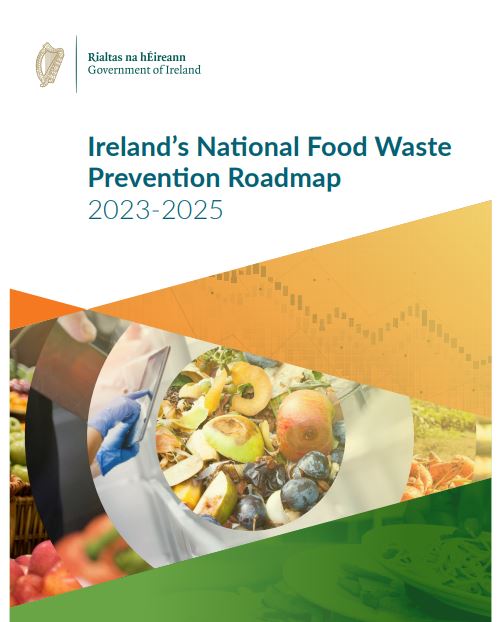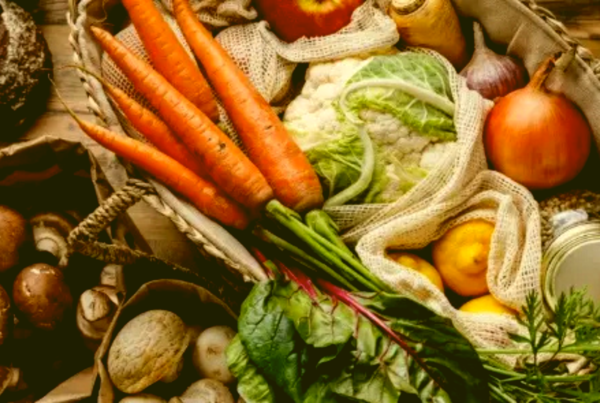 The Irish government has a plan to reduce food waste. Every year, a staggering amount of food goes to waste in Ireland. In fact, up to one million tonnes of food are wasted each year, but this is not a problem unique to Ireland. Globally, about one-third of all the food produced is lost or wasted. The Irish Government now recognise the importance of tackling this problem and have several policies to help this issue.
The Irish government has a plan to reduce food waste. Every year, a staggering amount of food goes to waste in Ireland. In fact, up to one million tonnes of food are wasted each year, but this is not a problem unique to Ireland. Globally, about one-third of all the food produced is lost or wasted. The Irish Government now recognise the importance of tackling this problem and have several policies to help this issue.
In this blog post, we will discuss the role of the Irish government’s policies on food waste and how these measures are contributing to a more sustainable future.
Education and awareness campaigns
The government has implemented several awareness campaigns to educate consumers on the importance of food waste. For example, the Stop Food Waste campaign provides information and tips to households and businesses on how to reduce food waste. They also offer free online courses on topics such as composting and reducing food waste. These initiatives aim to encourage behavioral change around food waste.
The National Food Waste Reduction Strategy
In 2018, the Irish government launched the National Food Waste Reduction Strategy, which aims to reduce food waste by 50% by 2030. This strategy’s themes are: prevention, redistribution and markets. The strategy includes a range of concrete actions, such as developing a food waste charter for businesses to sign up to, improving food labeling, and working with retailers and producers to reduce food waste.
The Waste Reduction Bill
In 2021, amendments to the Waste Reduction Bill were passed, which includes measures to reduce food waste. The bill bans supermarkets from throwing away unsold food that is fit for human consumption and requires businesses to separate food waste for collection. This measure will incentivize retailers to reduce waste through measures such as donation to charity, composting, or sending leftover food to farms.
Supporting innovations in food waste reduction
The Irish government is supporting innovation to reduce food waste. For example, they have funded a food waste reduction project called 2good2go.ie, which aims to create new products from discarded food and packaging. This innovative approach is essential in finding new solutions for reducing food waste.
Partnerships with stakeholders
The Irish government is working in partnership with stakeholders across the food supply chain to reduce food waste. They are working with suppliers to improve packaging, with farmers to find markets for “wonky” produce, and with retailers to reduce food waste through better storage, inventory management, and donation programs. These partnerships ensure that everyone in the food supply chain is doing their part to help.
Solving this problem is critical for creating a more sustainable future, and the Irish government is taking the issue seriously. Through policies such as education and awareness campaigns, the National Food Waste Reduction Strategy, the Irish government is playing a critical role in reducing food waste. As consumers, we can also play our part in reducing food waste by adopting better food storage habits. Buying only what we need, and composting food waste is a good thing. Together, we can make significant progress towards reducing food waste in Ireland and creating a more sustainable future.
Research
- EPA.ie
- Irish Government food waste reduction plan
- How to turn food waste into garden gold
- 10 things to do with Food Scraps
- StopFoodWaste.ie
- The Irish Times
#AreYouWithUs #GreyhoundRecycling #GuaranteedIrish #BinCollectionDublin #SkipHireDublin






